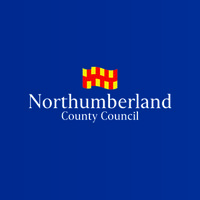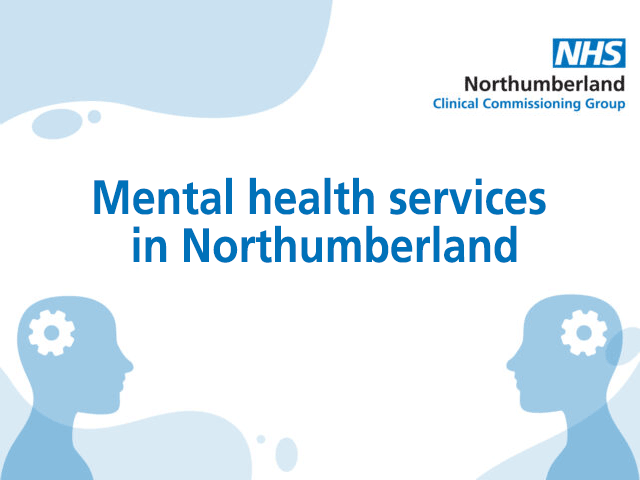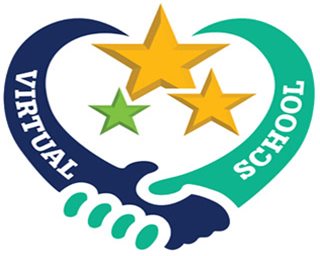
Mental Health Support Teams
(currently in Blyth, Hexham, Ashington and Bedlington only: coping / getting help)
The Department for Education and NHS England have made funding available to develop a new programme to help improve children and young people’s mental health by creating new Mental Health Support Teams (MHSTs) within schools. These teams help children and young people with mild to moderate mental health needs and provide training and support for school staff.
Northumberland was chosen as one of twelve Trailblazer sites to pilot this new programme. Initially it was delivered in the Blyth and Hexham areas, which has now been expanded to include Ashington and Bedlington (2020-2021). The hope is that, funding permitting, there will be an opportunity to expand across the county.
For further information please contact:
Rhian Davies rhian.davies@northumbria.nhs.uk or
Katinka Bryan katinka.bryan@northumberland.gov.uk
The team in Trailblazer schools includes:
- Educational Mental Health Practitioners (EMHPs), who provide low intensity interventions for children and young people with mild to moderate mental health needs
- a Peer Mentor, who provides peer mentor programmes as part of the Be You team.
Please see the attached link to the core offers of the PMHW service along with a video on the role of the PMHW service in the Be You mental health team:https://www.northumbria.nhs.uk/our-services/childrens-services/primary-mental-health-work/#0e090cd4
Contact the team Monday to Friday 9am-5pm
Telephone: 0191 2933012
Email: PMHW@northumbria-healthcare.nhs.uk

Emotional Wellbeing and Behaviour Support team
The Emotional Wellbeing and Behaviour Support Service provides support and advice to schools and young people. The service is in place to help young people that are displaying challenging behaviour as a result of their underlying social and emotional needs.
Our purpose is to improve educational outcomes for these children and young people across Northumberland. We aim to develop and enhance the skills and practices of school staff.
MAPA Training has been rebranded as Safety Intervention Training (SIT)
The Emotional Wellbeing and Behaviour Support staff are certified instructors for BILD accredited SIT (Safety Intervention Training formerly MAPA® training (Management of Actual or Potential Aggression). This training develops the skills and knowledge of school staff, so that they can effectively manage the needs of pupils displaying challenging behaviour. For further information re: SIT training please contact us at ewb.sit@northumberland.gov.uk
For further information please click here to access our SIT flyer
Our team can:
- provide examples of de-escalation strategies
- offer advice on the creation of behaviour management plans, risk assessments, and individual support plans
- offer advice on appropriate reward and sanction systems
These strategies, plans, and systems can be used to meet the needs of individual pupils and/or the wider school population.

ASD specialist teaching team
This service aims to develop and enhance the skills and practices of school staff in order to improve educational outcomes for children and young people with social communication/ASD needs in educational settings across Northumberland. Requests for whole school and individual support are accepted from school staff only.
For queries / information email: hint@northumberland.gov.uk
Website: northumberland.gov.uk
Parents with concerns about their child should discuss these with the school first. This will usually be with the school SENCo (Special Educational Needs Coordinator).
If the school feels that a request for support from Psychological Services would help, the SENCo - with parental consent - will contact the school’s link Educational Psychologist to plan the work.

Psychological Services (Educational Psychologists - EPs)
Northumberland's Educational Psychologists work with educational settings, children and families. They support children and young people who are experiencing difficulties or delays in their development: their communication, interaction, cognition, learning, social and emotional needs and mental health, for example.
For queries / information email: psychservices@northumberland.gov.uk
Website: https://www.northumberland.gov.uk/Children/Needs/Psychological-Services.aspx
Parents with concerns about their child should discuss these with the school first. This will usually be with the school SENCo (Special Educational Needs Coordinator).
If the school feels that a request for support from Psychological Services would help, the SENCo - with parental consent - will contact the school’s link Educational Psychologist to plan the work.

Primary Mental Health Workers (PMHWs)
PMHWs work with children and young people (0-18), parents / carers and professionals across Northumberland, providing:
- interventions on a one to one basis with young people and their families
- a telephone consultation line to provide advice, guidance and signposting to professionals working to support the mental health needs of children, young person and families / carers
- teaching and training to raise awareness of children’s mental health with colleagues in a range of universal services across education, health, social care, youth and community and voluntary services.
The team in Trailblazer schools includes:
- Educational Mental Health Practitioners (EMHPs), who provide low intensity interventions for children and young people with mild to moderate mental health needs
- a Peer Mentor, who provides peer mentor programmes as part of the Be You team.
Contact the team Monday to Friday 9am-5pm
Telephone: 01661 864588
Email: PMHW@northumbria-healthcare.nhs.uk

Northumberland Virtual School
Promotes and supports the education of looked after and previously looked after children through effective collaboration with schools, social care, and other agencies/professionals. Supporting pupil emotional wellbeing using various interventions and therapies including Drawing & Talking Therapy, Lego Therapy, Thrive, Eye Movement Desensitising and Reprocessing (EMDR), and the delivery of whole school training by the Virtual School EPs. Virtual School support is provided to all looked after children including those awaiting a mental health and capacity assessment, inpatient support and when planning for discharge and reintegration into education.
- ESLAC.info@northumberland.gov.uk
- https://www.northumberland.gov.uk/Children/Looked-after/Virtual.aspx
The Education Welfare Service fulfils the statutory duties of the local authority for safeguarding children in relation to school attendance, elective home education and children missing education. The team offers advice and signposting to professionals, parents and carers.
The Education Other Than at School (EOTAS) Health Needs team provides small group and 1:1 education for those children unable to attend school full time because of a diagnosed health condition. Referrals must be made by the school with supporting evidence from the child's consultant.
